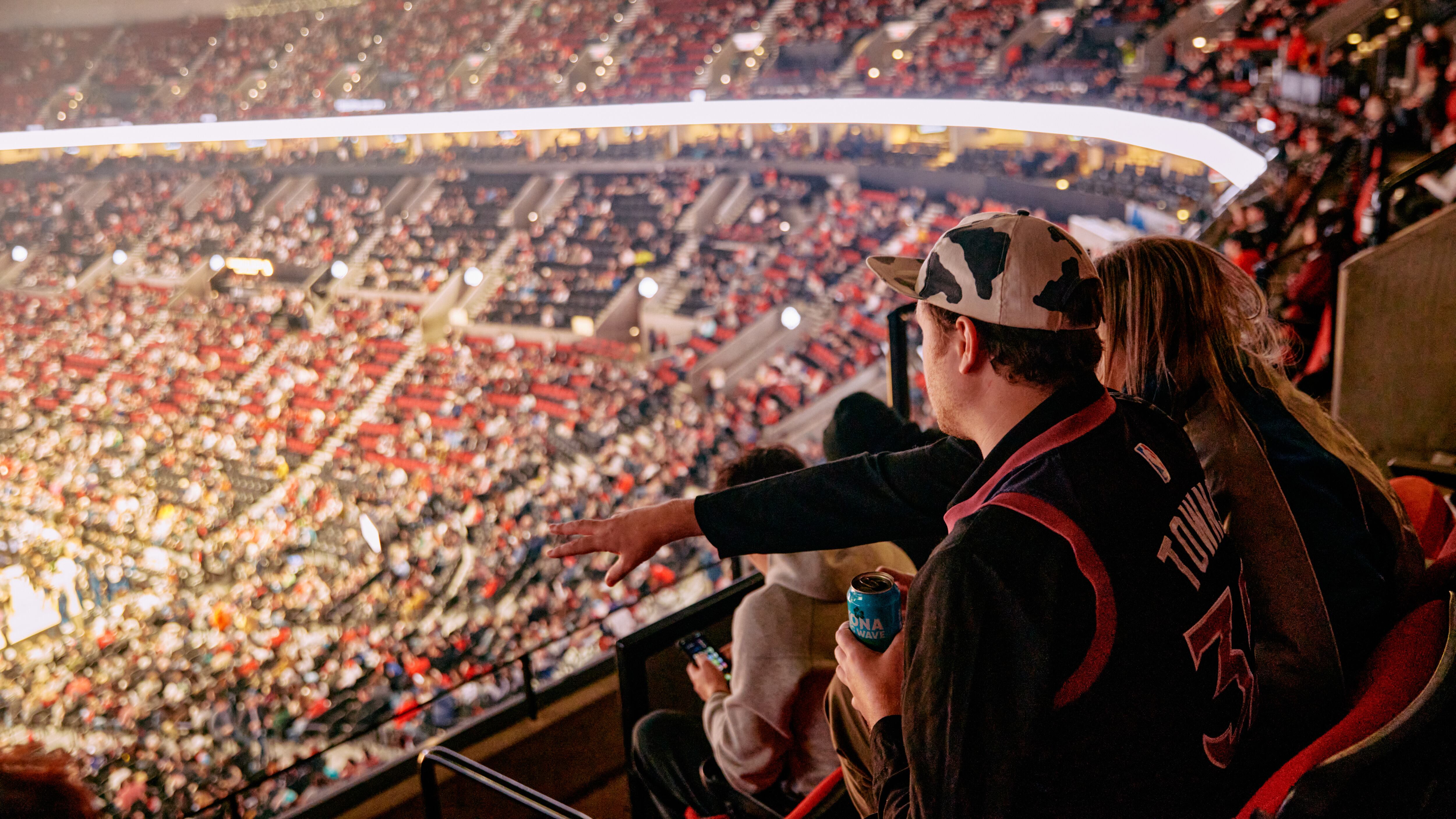The Portland City Council today will consider a resolution outlining a deal with Rip City Management LLC that would give both parties more time to negotiate a long-term operating agreement for Moda Center.
Currently, Rip City Management, the Portland Trail Blazers’ operating company, owns the arena while the city owns the ground underneath it. Negotiations for an extension of Rip City’s ground lease, which is set to expire Oct. 11, 2025, are taking longer than expected, and so the parties propose a five-year extension that includes the formation of a public-private partnership.
One of the conditions of the deal announced last week would have the city purchase Moda Center for $1.
What wasn’t announced: If the council approves the tentative deal, its purchase of the arena would trigger an obscure, narrowly targeted tax break lawmakers approved in 2001.
Many tax breaks, such as the mortgage-interest deduction that benefits homeowners, are designed to have broad application. But the tax break relevant to Moda Center, one of 368 enumerated in the catalog of tax breaks the state calls the Tax Expenditure Report, currently benefits just one piece of property: Providence Park, the home of the Portland Timbers and Thorns.
Here’s the state’s explanation of the tax break: “In general, when public property is held under contract of sale or is leased to a private individual or business, it is considered taxable. However, this provision exempts any sports facility owned by a city with a population of at least 500,000 from taxation, even if leased to or operated by a taxable entity.”
Currently, the team says, property taxes on the arena run about $1.2 million a year. (That’s a pretty good deal for the organization. The arena cost $262 million to build in 1995 and, based on recent price tags of new NBA arenas in Sacramento and Milwaukee, would cost more than twice that amount to replace. The Blazers organization battled the Multnomah County tax assessor in court from 2005 to 2009, ultimately getting the assessed value cut by more than 50%.)
That means the $1 sale actually deprives local governments of $1.2 million a year.
While the city is willing to forgo its share of Rip City’s property taxes, the biggest single beneficiary of local property taxes is Portland Public Schools, which recently announced it may need to cut $30 million in next year’s budget. (Rip City’s property tax bill shows PPS as the largest beneficiary. In practice, local property taxes allocated to K-12 allocation are pooled at the state level then distributed to local districts through the state funding formula.)
The rationale for city ownership of the arena: It would bring Portland into line with practices in comparable NBA cities such as Cleveland, Indianapolis and Milwaukee, where the arenas are publicly owned and don’t pay property taxes. And, both parties say, it would help ensure the long-term presence of the team and contribute to the city’s well-being in a variety of ways.
(It’s worth noting that the Blazers, currently owned by a trust established by the late Paul Allen and managed by his sister, Jody Allen, are an extremely valuable asset. A portion of the Milwaukee Bucks, a small-market team comparable to the Blazers, changed hands at a price valuing the team at $3.5 billion last year. Paul Allen purchased the Blazers in 1988 for $70 million.)
Rip City and City Hall have pitched their new arrangement as a public-private partnership, citing $600 million in annual economic impact from the arena and the potential for a refurbished arena to attract new development to a part of Portland that needs it. As part of the agreement, Rip City would pay normal operating and maintenance costs and the city has agreed to share equally in the cost of capital improvements and to purchase a piece of ground in the Moda Center complex that it does not own.
Mayor Ted Wheeler extolled the virtues of the extension last week. “Extending our partnerships with Rip City Management and the Trail Blazers is a win for Portland,” Wheeler said. “This bridge agreement helps us maintain world-class sports and entertainment in our city while we plan for the future.”
The council will consider the tentative agreement at 2 pm today and expects to vote on a final agreement this summer.

